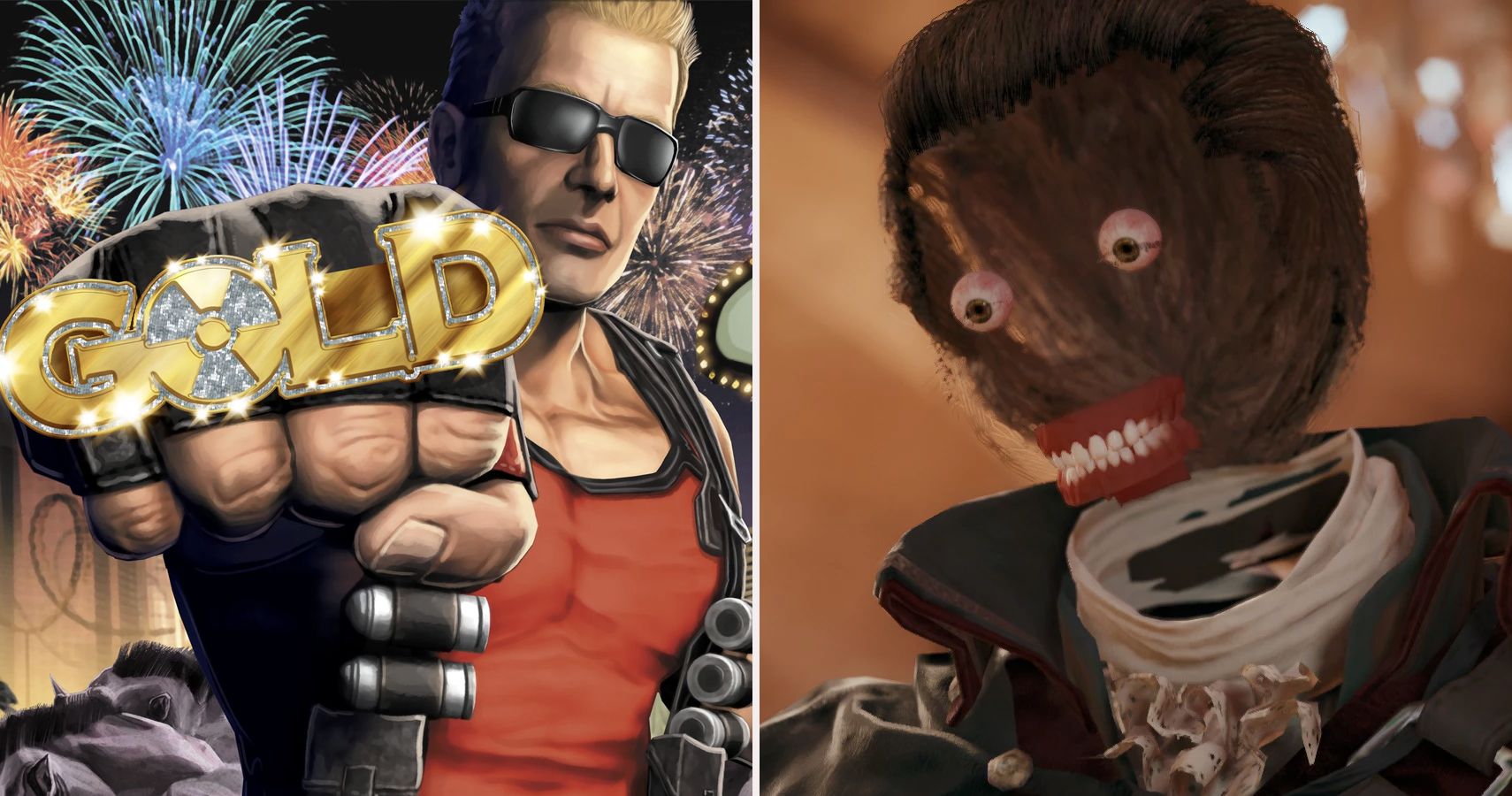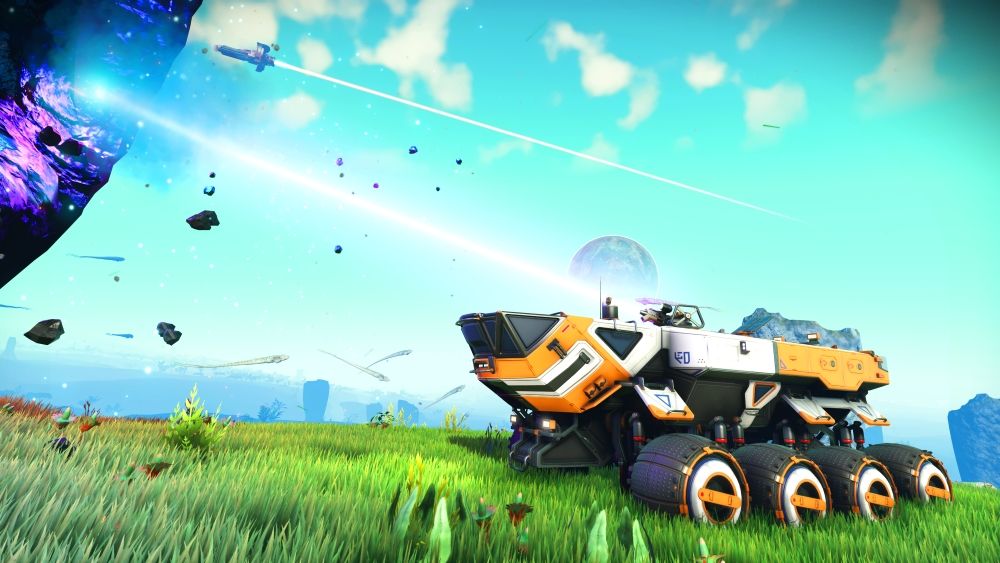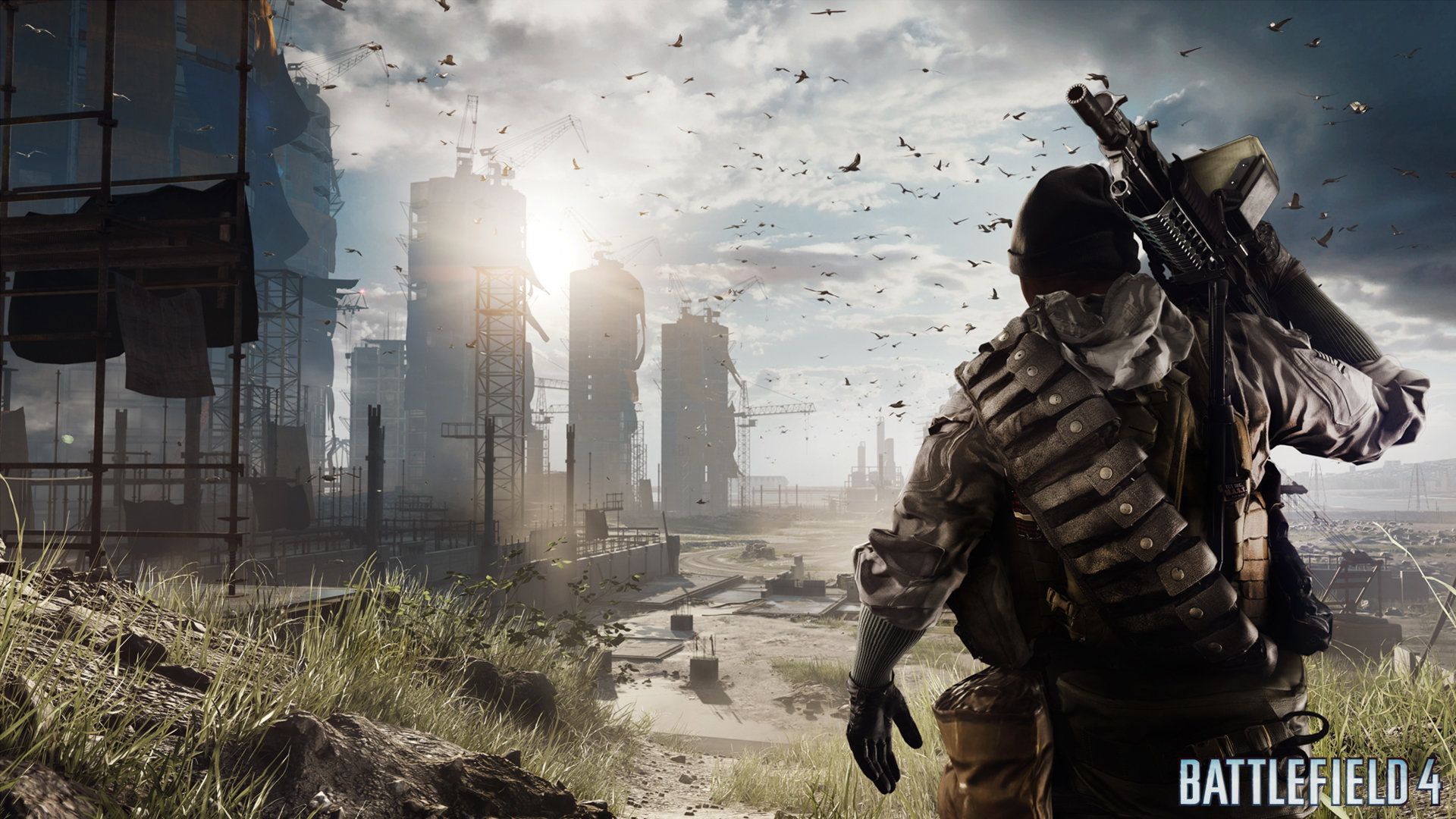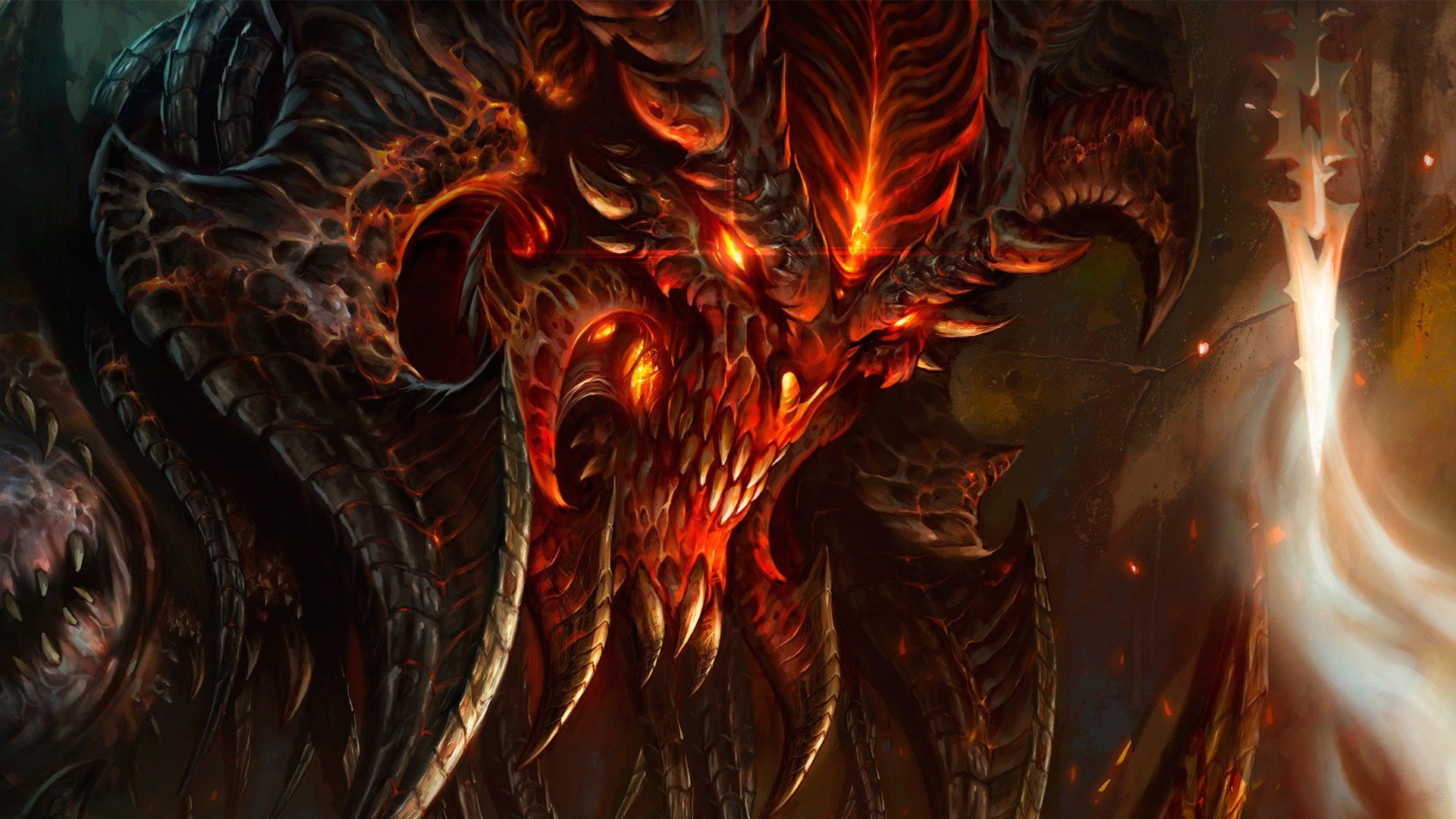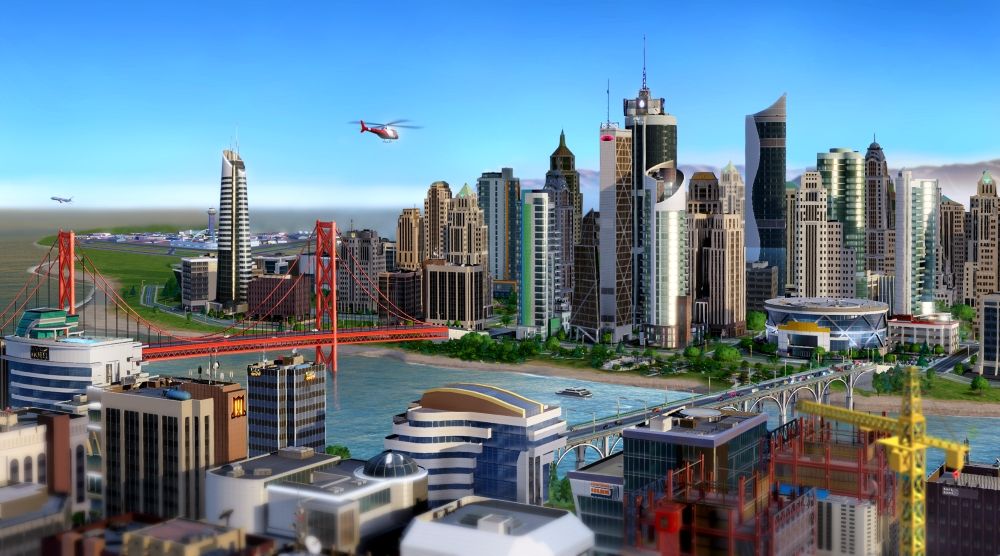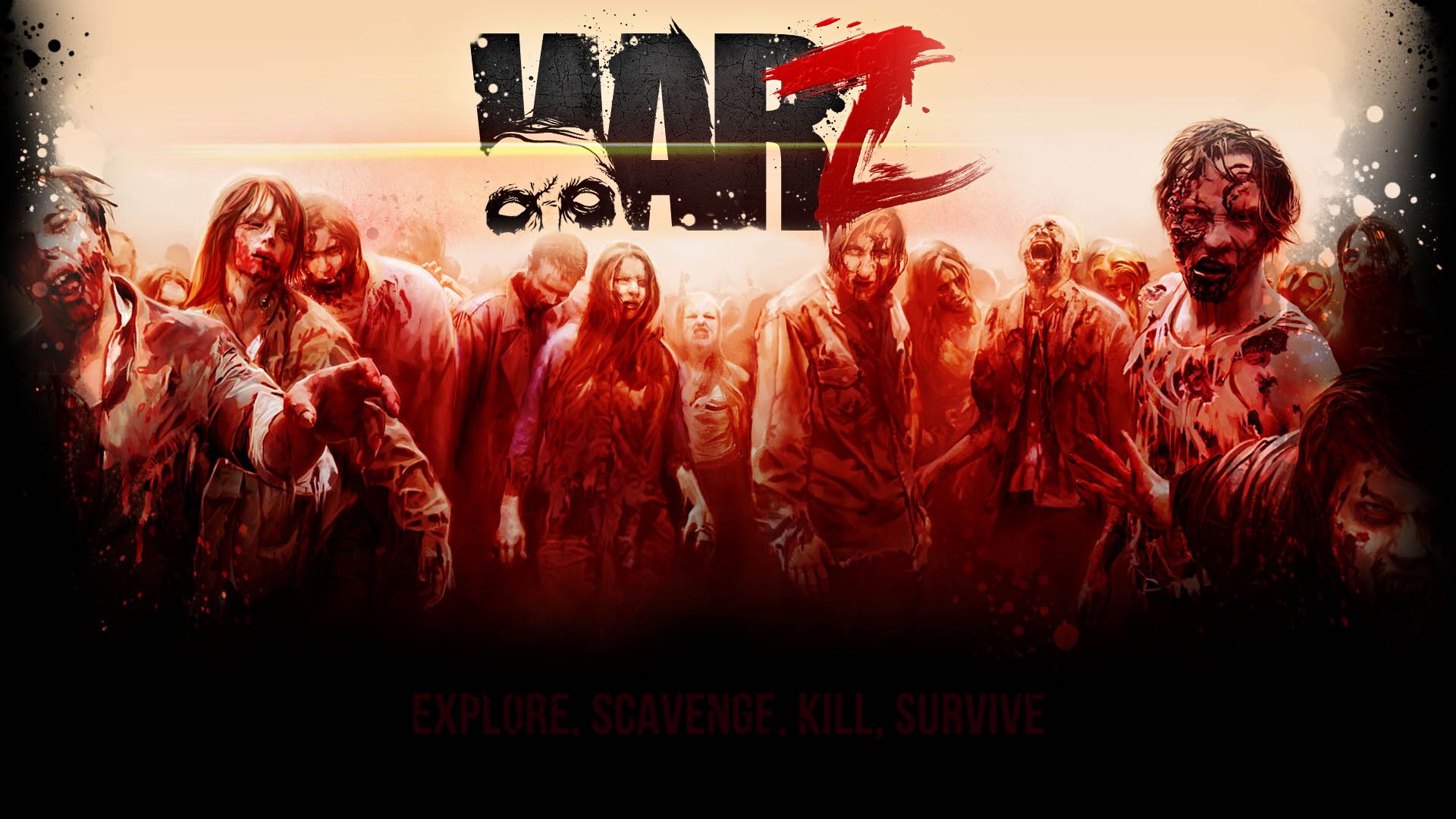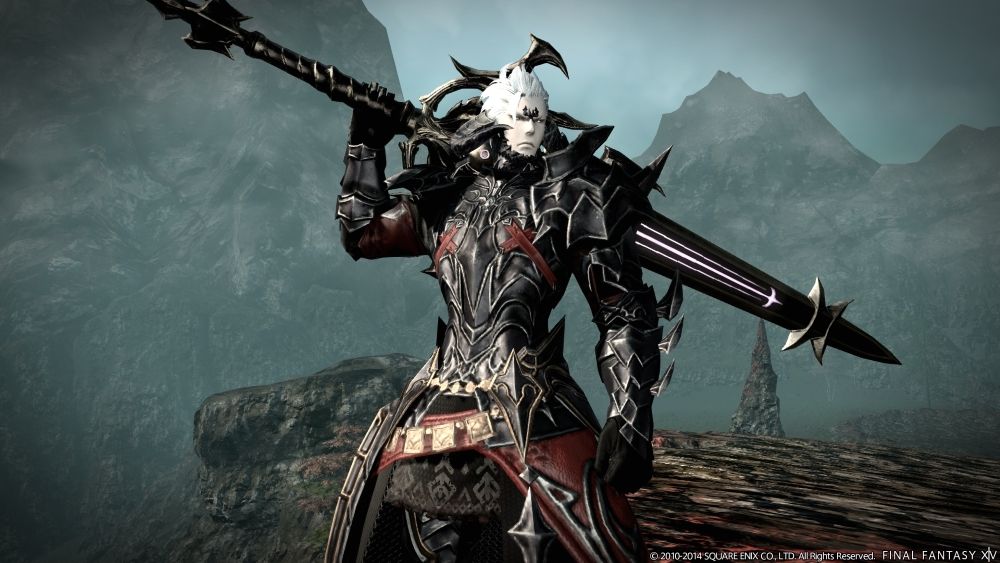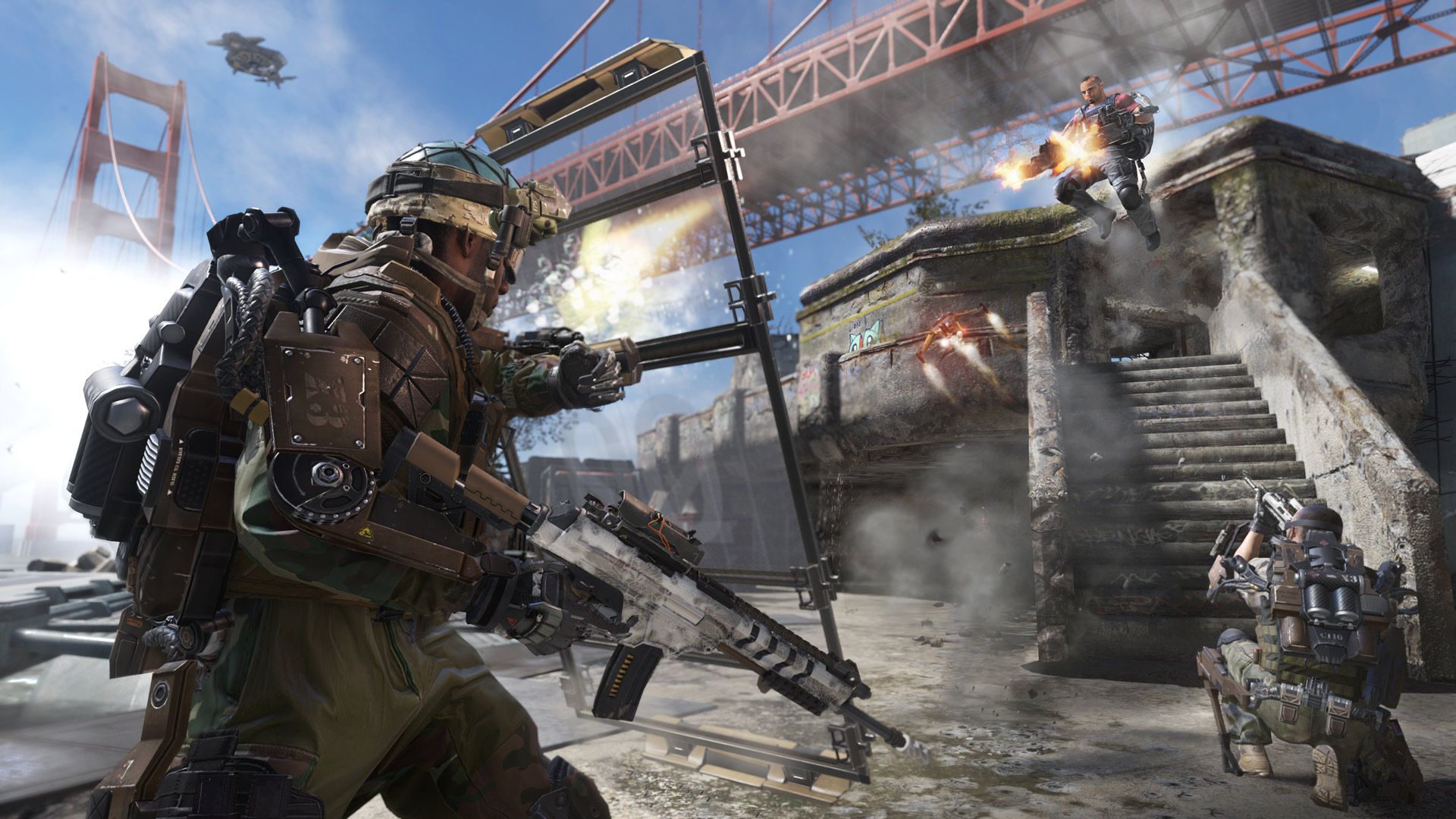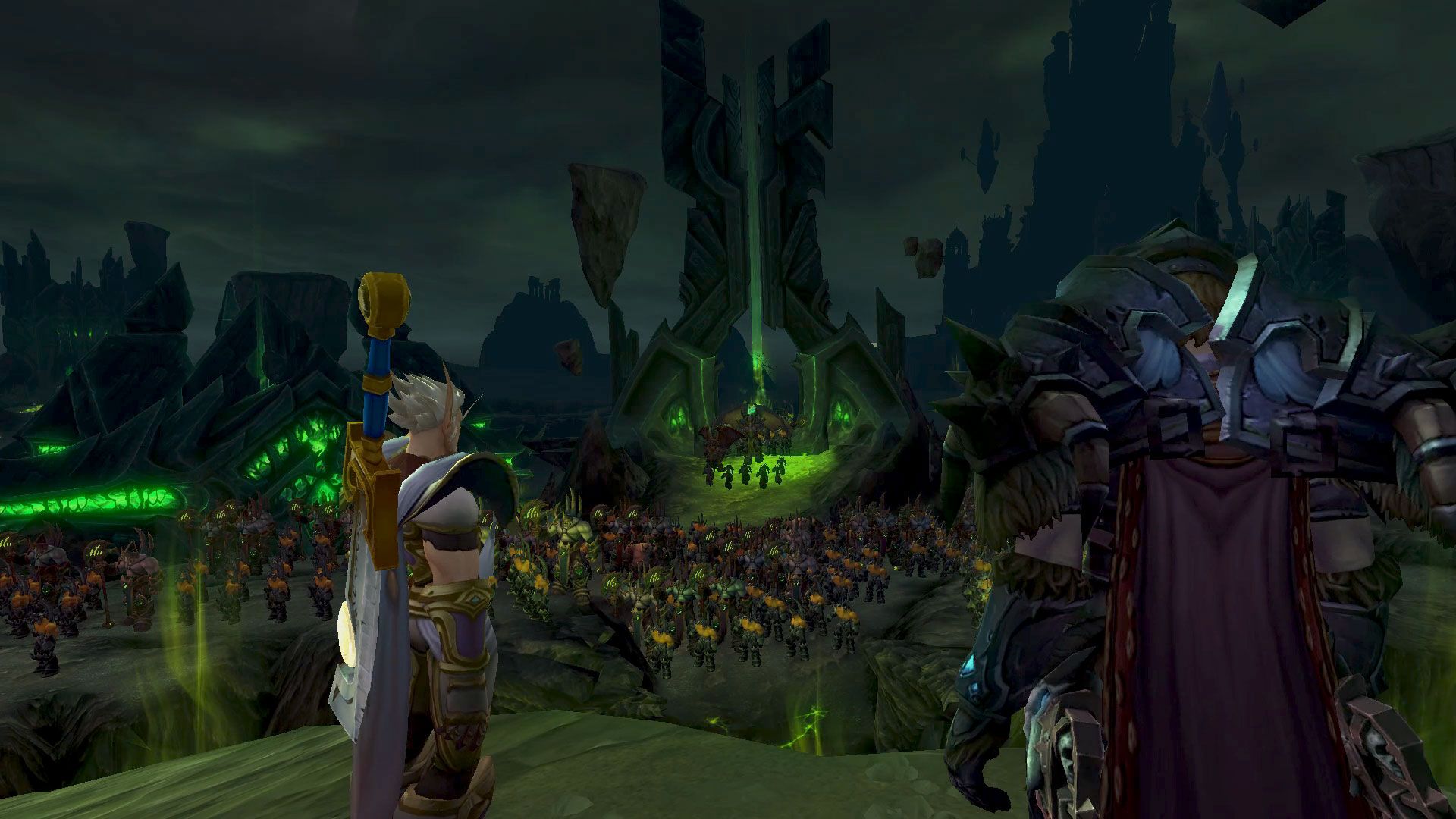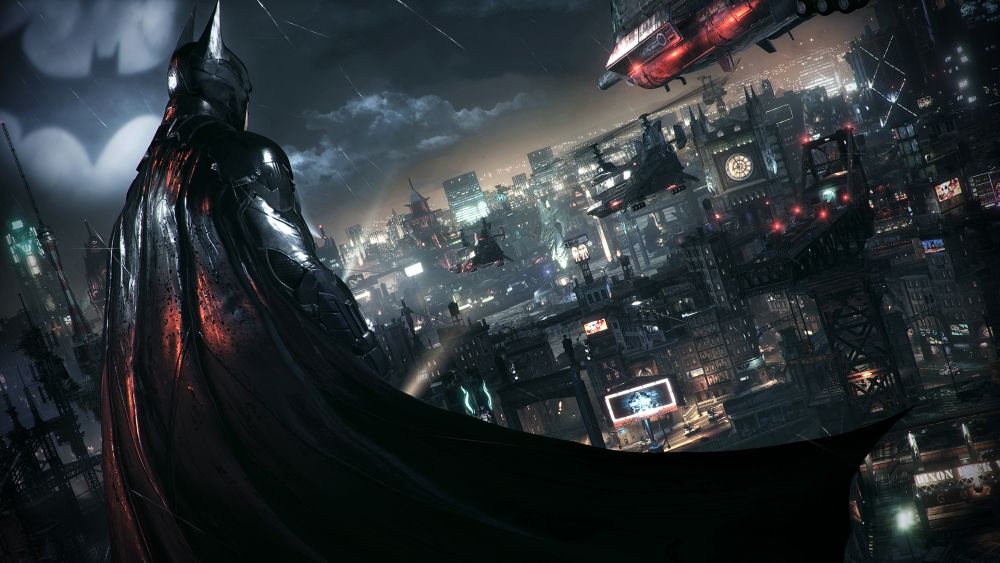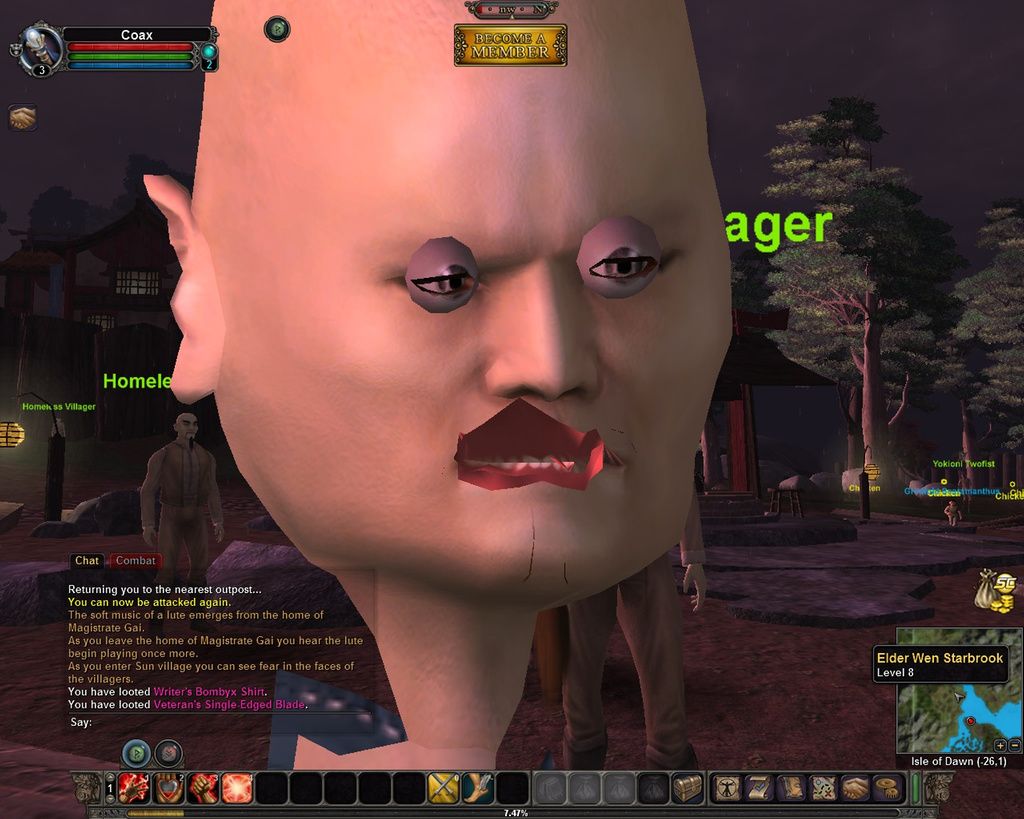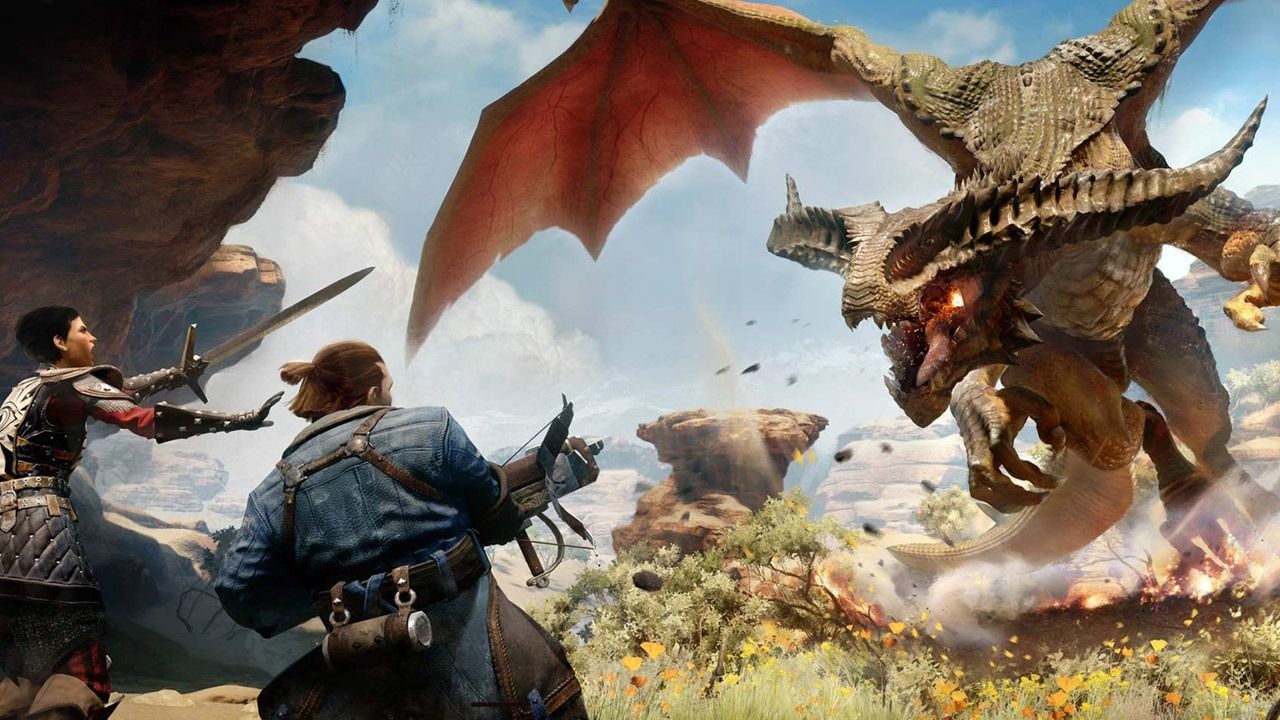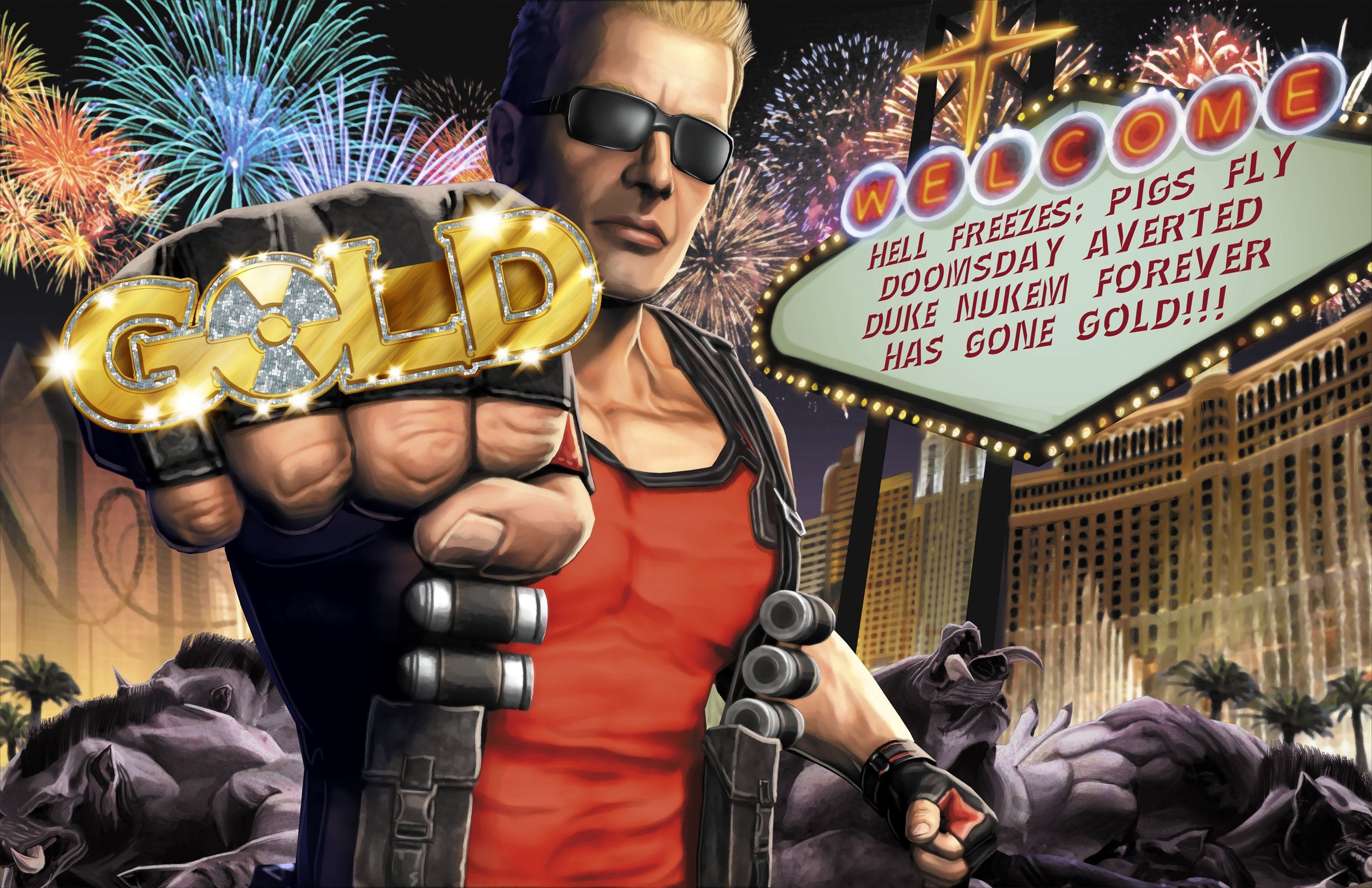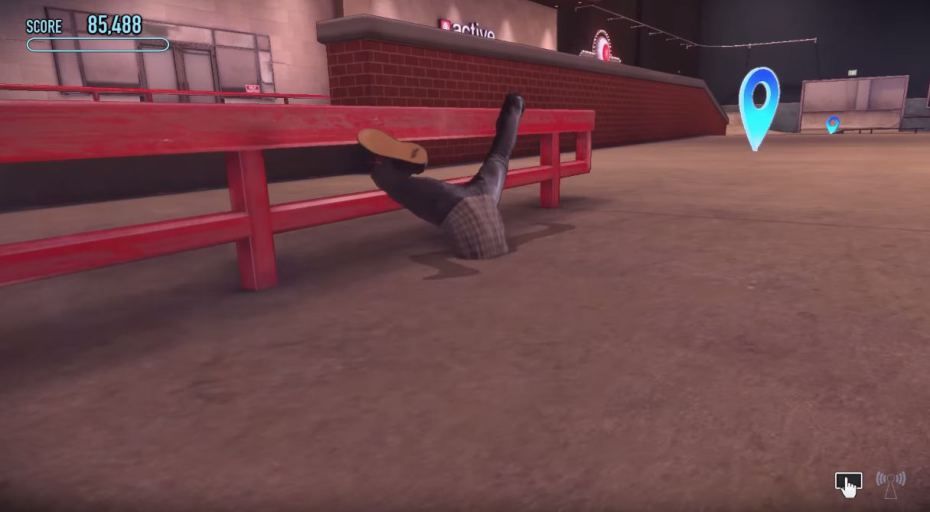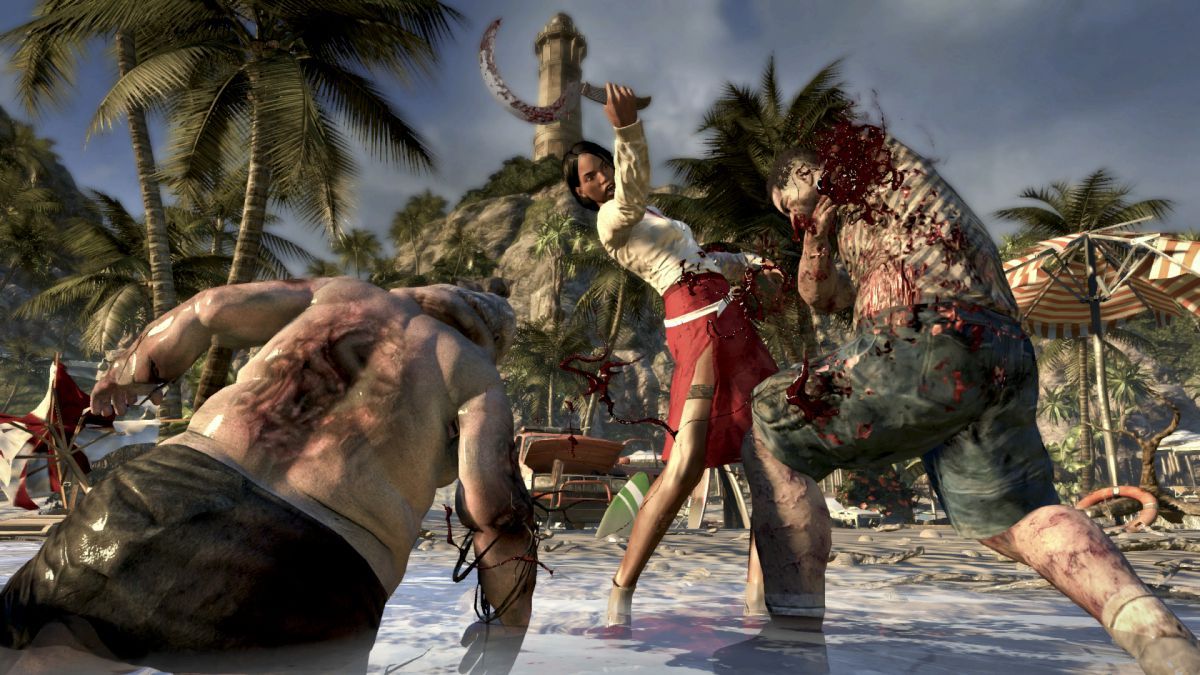I never pre-order games. Developers can offer me all kinds of goodies, like exclusive content or free DLC, but I still never take them up. I’ve learned my lesson. I’ve been burned too often.
Now I know better than to believe the hype surrounding any game. Pre-release footage can be faked or edited to look better than it is. The developers may show you something that looks great on their development rig but runs like absolute garbage once you bring it home. In rare cases, they might even outright lie to your face about features that were supposed to be included but were cut.
The sad part is this never used to be a problem with games. Back in the day, there was something called “shareware” or “demo” discs that allowed you to try out the game before you bought it. They’d often come as super stripped-down versions of the game on a 3.5’’ floppy disk and would only allow you to play for the first 15-20 minutes, but that was enough to let you know whether the game was worth buying or not. There was also video rental stores that would have game rental sections that let you pay 5 bucks, test out the game for a weekend, and come back to buy it if you liked it enough.
But then the internet killed the video store, and shareware got too easy to share. Now you can either pre-order a game based on little more than prayer or you wait until release day for everyone to give you the “all clear”.
Here are 15 games that should convince you it’s better to wait before slapping down your hard-earned cash.
15 No Man's Sky
Perhaps the poster child of “don’t believe the hype,” No Man’s Sky’s release was like watching the Challenger explosion. Everyone’s hopes and dreams go soaring into the great beyond, only to come crashing down in flames moments after launch.
No Man’s Sky was supposed to be the exploration game to end all exploration games; millions of procedurally generated worlds, animals, and star systems for you to explore with your friends or by yourself. The premise was so grand that it got the attention of Sony Entertainment, who offered their services for promotion and publication. An independent game good enough to grab a real giant of the industry couldn’t be bad, right?
Wrong. No Man’s Sky had huge issues on release, with player’s reporting numerous bugs and crashes. If you were foolish enough to pre-order the game there was a game-breaking bug just for you: the in-game pre-order bonus spaceship had a chance to strand players on a planet, ending the game then and there. Even if you didn’t catch any bugs, the game just didn’t live up to the hype, with procedurally generated everything looking more of the same as the player continued on their travels.
14 Battlefield 4
You may remember Battlefield 4 from our last article about EA, but if you didn’t here’s a spoiler for you: EA rushes out games before they’re done, and it usually doesn’t go well for anyone.
Battlefield 4 was a particularly rushed game. Released on October 29th, 2013 after being available for pre-release order for 6 months, players were met with more bugs and glitches than can be counted in this brief entry. It was so bad that in order to stem the tide of angry gamers they were forced to release paid multiplayer content for free, such as camo-skins, weapon bundles, and XP boosters.
That was enough for gamers, but EA’s investors weren’t happy. They actually sued for misleading statements as to the game’s quality. If billion-dollar hedge funds are starting to think twice about supporting a game before release, maybe you should too.
13 Diablo III
Diablo II was one of the biggest smash hits of the early 2000s, and would maintain its reign as the de facto action RPG for years afterward. Diablo III was met with incredible anticipation and millions of pre-orders who downloaded the game weeks in advance so they could play it immediately upon release day.
And then release day came, and millions of players couldn’t play at all owing to Diablo III’s server issues. Despite being a game players could play by themselves, Diablo III required every player to have an internet connection to verify the game with Blizzard’s servers. No internet connection meant no game. However, the same was true for their servers, and Blizzard had somehow grossly underestimated the number of players clamouring to play their latest offering.
Blizzard’s servers buckled, then broke under the weight of millions of ravenous gamers trying to log in to play, and it would be weeks before they would get the issues fixed.
12 SimCity
Never one to be outdone, EA had their own game that always required players to have an internet connection in order to play, and they decided they’d one up Blizzard with their release of SimCity.
Much like Diablo III, SimCity is a beloved franchise that can be played alone, but due to piracy concerns the company decided to institute an “always online” rule in order to prevent anyone from stealing their game. And just like Diablo, EA badly missed the mark on how many servers they’d need to have up and running on release day. Millions of players who downloaded the pre-order tried to log in to play, only to be met with a sad “servers busy” message.
Gamers were furious. It got so bad that Amazon pulled the game from their store a week after release. Many demanded their money back, but instead of offering refunds EA offered a free game from their online catalogue. It would be a week for the server issues to finally be resolved, but it would forever scar the hearts of SimCity fans.
11 The War Z
An early precursor to games like DayZ and H1Z1, The War Z was an open-world survival game where players join an online session to fight for survival against hordes of zombies.
At least, that was what it was supposed to be. The alpha seemed acceptable, and pre-orders for the game were lining up. Then on release day it turned out to be a complete dumpster fire. Many aspects of the game that were advertised as features turned out to be blatant falsehoods like skilled based leveling and 100 player servers. Worse still were the numerous micro-transactions for in-game loot or to bypass the ludicrous hour long respawn timer.
Many players would demand a refund, which the game’s developers Hammerpoint Interactive wouldn’t provide. Eventually, The War Z was pulled from Steam altogether, and Valve offered full refunds. If you ordered direct from the game’s website though you were out of luck.
10 Assassin's Creed Unity
With downloadable content becoming the norm for games in the 2000s, developers started adding the season pass to their pre-orders. Essentially this gave players future DLC along with the game, often without even a hint as to what that DLC might be. If there’s anything worse than pre-ordering a game, it’s pre-ordering the season pass.
The eighth installment of the Assassin’s Creed franchise released to some of the most ridiculous bugs gamers had ever seen. Despite the fact Unity had been delayed three months from its initial release date, players were greeted with a game that looked literally half done.
In response to the furor, EA offered the first and largest DLC for the game, Dead Kings, for free to those who bought the stand alone game. If you were unlucky enough to have bought the season pass, all you got was access to a downloadable copy of an EA game you probably already owned (or didn’t want), and a heartfelt corporate apology.
9 Final Fantasy XIV
Square Enix has had a rough time in the MMORPG world, but nothing was as rough as the original release for Final Fantasy XIV in 2010. The controls were a mess, the UI was incomprehensible, and heaven help you if you wanted to buy anything because there wasn’t a single sign to tell you what a store was selling. To top it all off, there was a system in place that caused players to gain increasingly less experience on weapons the longer they played. Those who pre-ordered the game rightfully felt a little cheesed.
Both the game’s director and producer were removed after the game’s dismal release, which was the modern equivalent of the emperor demanding seppuku for their failure. PlayStation 3 users were spared as the game was so bad it never got beyond the PC release. The game was eventually taken down entirely to be rebuilt from the ground up, re-releasing as Final Fantasy XIV: A Realm Reborn nearly three years later.
8 Call Of Duty: Advanced Warfare
Call of Duty is a wargame franchise that has gone literally everywhere. With Advanced Warfare they finally go into the future, and the next logical step is clearly Call of Duty: Outerspace.
What? They’re going back to World War Two for the next one? Pfft. Whatever.
Anyway, If you pre-ordered Advanced Warfare you were in for a nasty surprise. Both PlayStation 4 and Xbox One versions had game breaking bugs that made the game completely unplayable. For PS4 the only solution was to re-download a patched version of the game since the autopatcher wasn’t working. For Xbox One it was even worse: the autopatcher would work, but if you installed from disc it would hang your system indefinitely. Players had to manually turn off the autopatcher, install from disc, and then turn it back on in order to download the patch and play.
It’s issues like these that tell players it might be a better idea to buy games a month or so after release.
7 World Of Warcraft
The largest and longest running MMORPG to date, World of Warcraft has seen over 100 million players since its release in 2004. Since then it’s been updated with new content ceaselessly, with each expansion allowing you to pre-order.
If you pre-ordered the original game, however, you were a bit shocked at what you got on release day. The game was filled with glitches and bugs, and that was if you could even play the game at all. Most of the time players were relegated to a login queue as Blizzard’s servers struggled to keep up with the massive number of players. It would be nearly an entire month before the server issues were resolved, and at that point why would you bother pre-ordering at all?
I guess you got a fancy mount. Hope it was worth the wait.
6 Batman: Arkham Knight
When a game is pushed back eight months from its projected release date, that should be a warning sign to everyone that pre-ordering is likely a bad idea. If you still bought it anyway, you practically deserve whatever you get.
Arkham Knight was released to generally high reviews for PS4 and Xbox One. The PC version got reviews so negative that Warner Bros. Entertainment actually suspended sales for them to work out the bugs. Months after the June 2015 release the game was still suffering from horrible frame rate and lag issues. Immediately after release, Warner Bros. gave refunds to anyone who purchased the game for PC, but after months of patches and persistent performance loss, they also offered refunds to people who’d owned and played the game to completion.
To summarize, Warner Bros. essentially paid the player to play their game by giving them a refund after they were done. All you had to give them in return was your time and sanity.
Personally, I still wouldn’t have taken them up on it.
5 Vanguard: Saga Of Heroes
Vanguard: Saga of Heroes had a lot going for it: it was made by seasoned former EverQuest developers, it used a bullet-proof Unreal 2.0 engine, and was being co-published by Sony and Microsoft. With this winning formula it’s hard to imagine why pre-ordering this game would be a bad idea.
That’s because pre-ordering any game is a bad idea. Vanguard released with the usual horrible bugs on top of lacking features advertised prior to release. In a mad dash to make things better, the developers actually made it worse by releasing patches that added more bugs than they solved. From 200 thousand players around launch, the game sank to 40 thousand in the first few months. Eventually, Sony bought out the developers and fired half the staff in their own parking lot.
Those that pre-ordered were never offered a refund despite the game’s terrible flaws. The remaining developers would eventually get Vanguard into a roughly presentable shape which would last until the servers shut down for good in 2014.
4 Dragon Age: Inquisition
Dragon Age: Inquisition was one of the most successful launches for BioWare in terms of sales, but the actual game left a lot of room for improvement.
The Xbox One versions seemed to be the best. The PS4 version had a few slowdowns and graphical quirks, but nothing too bad. The PC version had numerous graphical issues, framerate issues, and game ending crashes that would last for months on end. Multiple patches seemed to make things worse before they got better, and PC players were downright pissed.
Despite all the flaws, PC pre-orders were never refunded and EA didn’t even bother to offer a free game this time around.
3 Duke Nukem Forever
The game to become the poster child for vaporware, Duke Nukem Forever had an astounding 14 year development time. Over the nearly decade and a half long odyssey the game’s developers changed hands no less than 3 times before finally being offered for presale by Gearbox.
Expectations for the game were high. What people received was a new low. When the game began development the graphics would have been considered bleeding edge, but 14 years later and they seemed utterly antiquated. Combined with inexplicably long load times and a multiplayer that made Quake II look innovative, Duke Nukem Forever would be the most disappointing game until No Man’s Sky mercifully ended its reign.
Gearbox didn’t even have the decency to offer free DLC for the travesty they unleashed.
2 Tony Hawk's Pro Skater 5
Day one patches are a pretty common thing in gaming nowadays as developers use literally all the time they have up to the release date to finish their game. The developers at Activision may have been cutting it a little close with their timing when the day one patch was nearly twice the size of the actual game file printed to the disk.
If a 7.7 GB patch for a 4.3 GB game wasn’t warning enough, the actual gameplay screamed unfinished work. The graphics were bland, there were numerous clipping and physics issues, and there were reports of the game actually corrupting Xbox Live accounts, necessitating the player create an entirely new one.
Activision never offered a refund, and by the time the game was patched to something approaching an actual game the disc it was printed on was basically only used as proof of sale. Why bother preordering when your disc has nothing on it worth owning?
1 Dead Island
Have you ever sent an email and after sending it wished you could take it back? That’s what developers Techland must have felt like when they released their game, Dead Island. Instead of releasing the finished build on release day, they sent out an incomplete developer’s build instead.
This would normally be where I belittle pre-orders and the players that buy them, but in this case, I actually think it was a smart move. The developers would quickly release a patch that downloaded the finished version of the game, but the PC disc still had all the developer code on it, so you could give it to modders to make cheats. The one time pre-ordering a game actually turned out to be a smart investment.

